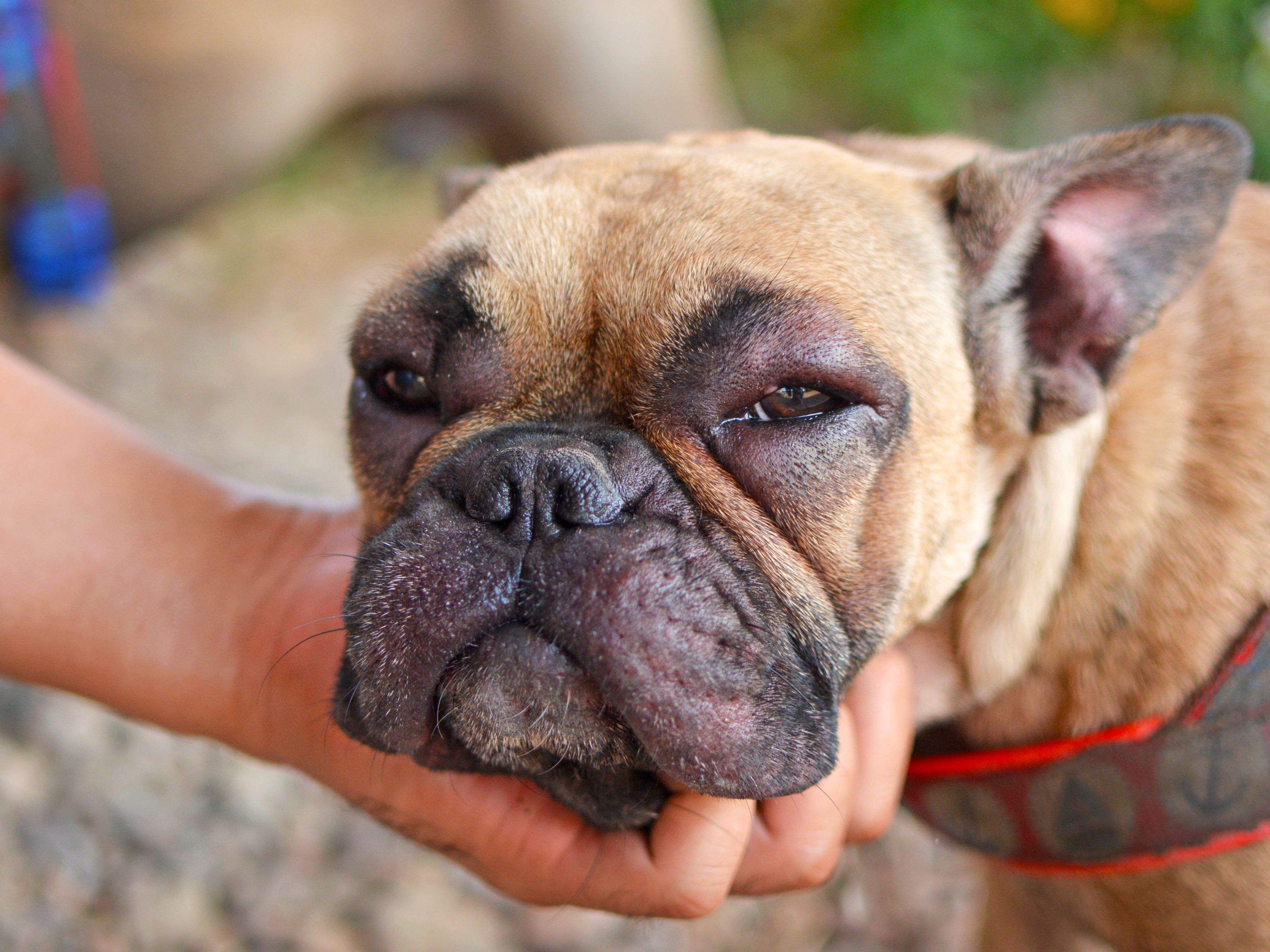Are your dog and puppy diets linked to the dog’s health changes? According to many different studies, there are existing correlations in diets and environments that can have an effect on their overall health responses.
Some variables are observable in certain dog diets and their growing environments. These factors help them overcome certain health limitations. It enables dogs to develop much better responses to certain conditions such as allergies and allergic reactions.
While most of our healthy choices for our pets in our local pet shop remain safe and dog-friendly, what we do expose to them and let them eat will affect their overall disease-handling capabilities. Beyond just health foods and supplements is proper food balance.
Exposing them to different dog-friendly environments and diets is guaranteed to strengthen their immune system.
The Effects of Proper Diet and Environments
Previous studies have shown that the dog’s environmental exposures while growing up affect his ability to deal with microbes. A dog exposed to different growing environments may be stronger due to being exposed to different microbes that strengthen its immune system over time. Many regular dogs in dog grooming shops are immune to many allergies since they are always exposed to the environment.

A 2017 Finland study does correlate these facts. A new hypothesis was observed in a study about Atopic Dermatitis, an inflammatory skin disease in dogs. Most dogs exposed to different types of microbes growing up had more adaptability to allergic reactions. Dogs who were also made to go through early deworming to clean out parasites were less likely to develop allergies.
Dietary studies also showed that the quality of the dog’s diet contributed to the overall health response in developing AD. Typical local pet supplies such as too carb-heavy processed food contributed to the development of AD. Meanwhile, the use of unprocessed natural meat sources with microbial exposure helps develop resistance and reduces AD development as a result.
Further Studies in Diets
In 2009 students at the University of Helsinki also noted the correlation between dog diet and its health response. The study was regarding dog diet variables and their effects on the dogs’ health responses. The students used a combination of protein, fat, and carbohydrate food sources in the test. Over time, the team changed the balance of the dog food to show that each change affects the quality of a dog’s overall health response.

The DogRisk food frequency questionnaire was developed to show the increasing correlations in the incidence of noncommunicable dog illnesses and the relationship to various elements of the dogs’ diets. Proper food balance and less use of artificial or processed pet food are essential.
Final Notes
A healthy dog thrives in different living environments. By exposing it to more microbes and different health situations, it becomes healthier and better adapted. The dog can also avoid conditions such as AD or Atopic Dermatitis. The same idea also applies to its balance of food, particularly natural dog food versus processed food.
Earthwise Pet Fremont understands that these minor changes in diet and environment can help dogs be healthier. We are your source of nutritious local pet supplies that will help your pet achieve optimal health, as needed. Visit our shop today for the best in pet food!

